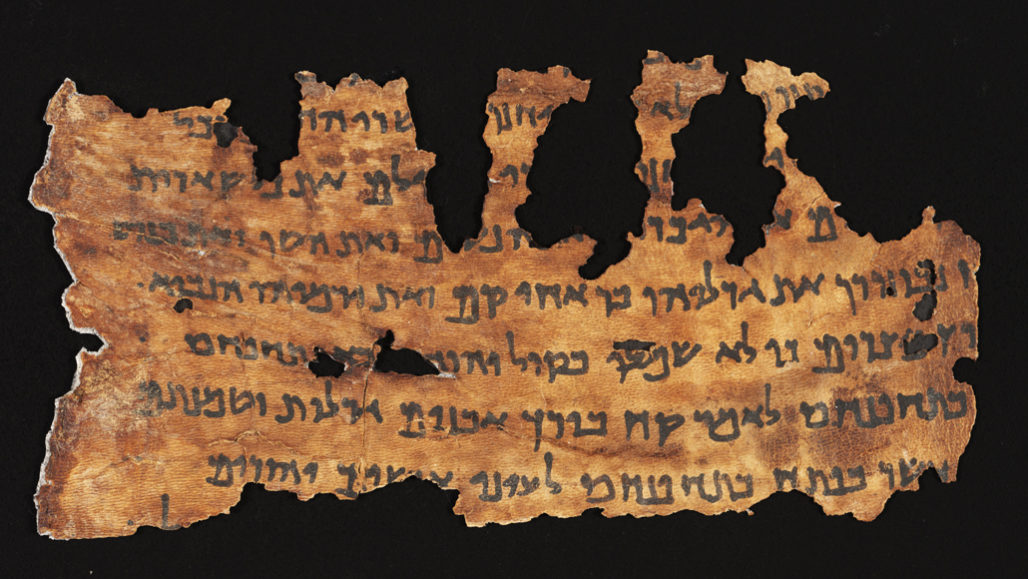https://www.deadseascrolls.org.il/learn-about-the-scrolls/introduction?locale=en_US
The Dead Sea Scrolls are some of the oldest and most valuable religious artifacts that man has uncovered. These scrolls were used to distinguish the place of origin and the consistency of material to ensure the scrolls authenticity. Since these scrolls are made out of sheep or cow skin, the DNA of these animals can be investigated and analyzed. Slivers of the scrolls were taken to be researched to begin marking out the genetic map for the animal skins. After excluding the DNA from people who have handled the scrolls, the mitochondrial DNA and nuclear DNA were studied to compare against the samples from other scrolls. Relationships between the scrolls DNA and foreign DNA can be distinguished, determining the place of origin of the sheep or cow used for the scrolls. Through scientific research, the experimenters came to the conclusion that some of the scrolls were made elsewhere not in the community of Qumran - where the scrolls were believed to originated - due to the DNA markers suggesting a second lineage of sheep or cow used for the writings was apparent. This leaves researchers of both of the scientific and religious field to believe the scrolls origin is more broad in terms of location than expected, and that some scrolls were crafted and written after the original scrolls were, suggesting alteration or translation of the original text.

This is an absolutely fascinating post. I went to a catholic school, and we touched briefly on the dead sea scrolls, and then it was not really brought back up. I did not know that something like this happened, let alone was in the realm of possibility. Using mitochondrial DNA as a means to measure the time and distance relative to the other pieces of this text is awe inspiring.
ReplyDelete